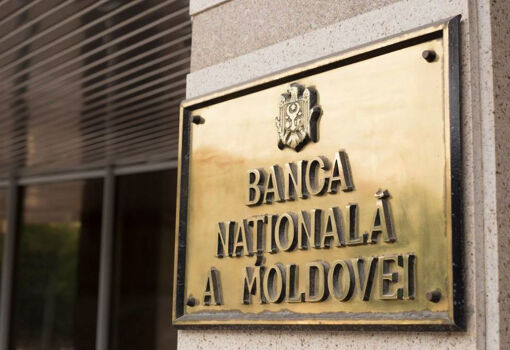
However, the situation is far from normal. At least, the public on both sides of the border has learned that obstacles to the supply of seasonal fruits and vegetables during the period of their maximum sales and exports can persist for months, not days and weeks.
“The wave of popular anger” was raised by Victor Cazacu, the head of one of the companies exporting fruit. With the assistance of Alexandru Slusari, former chairman of the Forța Fermierilor Association, he told journalists that the current problem of outrageously slow traffic started as early as September 10, when the export of Moldovan apples became more active. Before that, the same problem, but of lesser intensity, occurred in June, when Moldova was actively exporting cherries.
Simultaneously with this signal in the classical media, the topic was picked up and scaled up by social networks. It began to grow in details. As it turned out, the Moldova Fruct Association wrote letters about the problem of slow cross-border traffic to the authorized ministries and agencies, but in response received only a “we are working on solving this problem”. When the problem surfaced to the level of public censure, the heads of the Ministry of Agriculture and Food Industry MAIA and the Customs Department accepted the invitation to join a special group of fruit exporters in WhatsApp, as a result of which they had the opportunity to hear the live responses of the affected businessmen “first-hand”.
There are several versions about the causes of the problem. All of them, in one context or another, are interrelated.
Version one, administrative. According to observers, the problem of periodic failures in the cargo traffic system arose after the adoption of an interstate decision on joint customs control on the Moldovan-Romanian border, following the example of the Moldovan-Ukrainian experience in this matter. However, the Romanian side has limited freedom of action in this area, as it is guided by EU regulations, which do not fully coincide with the legal norms of the Republic of Moldova. As a result of the inconsistency of departmental regulations, the practice of “slow traffic” of perishable goods appeared.
Version two, resource-based. For several years already, special lanes – “green corridors” – have been allocated specially for the transportation of perishable goods at customs points between Romania and Moldova. However, often on the Romanian side, both lanes – “standard” and “green” – are served by one customs officer. Delays are also caused by the limited staff of the phytosanitary agency involved in monitoring and controlling cross-border traffic. Moldovan exporters assume that the problem lies in the lack of proper coordination between the relevant state agencies of the Republic of Moldova and Romania.
Version three, commercial. The export of perishable fruit and vegetable products is subject to pronounced seasonality. The physical volume of external supplies of some vegetables, grapes and, especially, apples from Moldova has increased sharply since the second half of September. Theoretically, it could have happened a little earlier, or a little later. “It makes no sense to keep a large staff of clerks at customs points well in advance,” says Vitalii Obreceanu, administrator of Fresh Time. – However, based on the statistics of seasonal deliveries and operational monitoring of market conditions, authorized ministries and agencies can forecast periodic peaks in cargo traffic and, accordingly, distribute the staff resources of the checkpoint personnel. By the way, the problem of slow traffic occurs from time to time not only at Leuseni customs, but also at Skuleni. By the way, note that apples are exported mainly from the north of RM”.
Version four, corrupt. Some exporters suggest that the blame for everything is the omnipresent desire of those who have the opportunity to take advantage of a convenient opportunity and collect money from those from whom it is possible. However, malicious intent is unlikely. It is possible to claim gratitude from one or two participants of perishable goods traffic, and without outsiders. It is problematic to do it in full view of many dozens of people waiting for their turn. Such a thing is possible only if the order “not to let in” comes from the very top, according to the current logic of geopolitical confrontation – not from Chisinau or Bucharest, but from Moscow.
Version five, unpopular. The problem arose due to the patience of Moldovan exporters themselves. They have something to lose – and it is not a specific batch of cargo (such things can be tolerated), but business in general. Few of them are able to “publicly argue with the system”. Few of them approve of the manner of dialog with the authorities chosen, for example, by the Forța Fermierilor Association (but all of them do not shy away from using the solutions obtained by it). It is good that one desperate person cried out about the need to unblock traffic.













